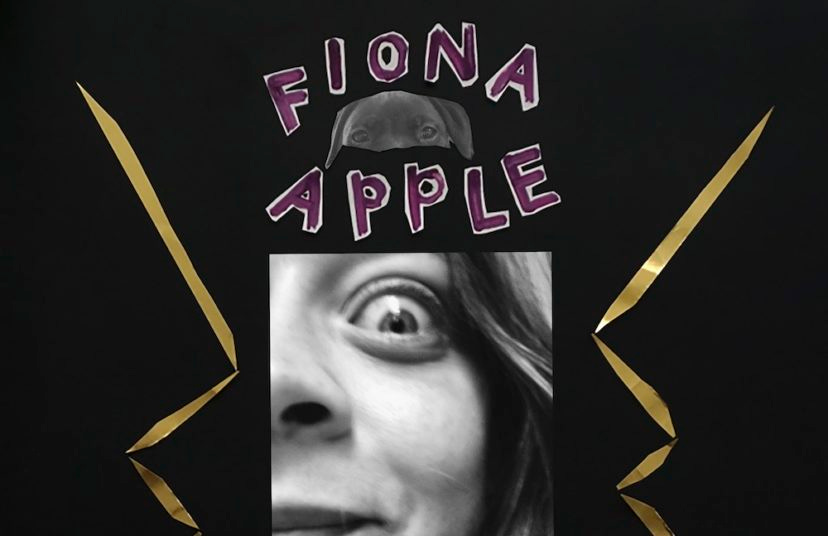Fetching the Bolt Cutters
Trauma's final form is it has no final form. "People like us, we play with a heavy balloon."

Fiona Apple has always been an exposed nerve. Even her initial hit, “Criminal,” was a bouncing-around plea for culpability, to be seen as the villain. There’s just enough distance provided by its pop structuring to also come across as a knowing smirk at her target, or the audience. She entered the industry very, very young and open about having experienced rape and trauma. Everything she’s ever said seems like a complete mirror into her mind in a way that few other public figures manage. But she’s still working on getting free, because it’s a lifelong project.
Fetch the Bolt Cutters seems like a natural apotheosis of that. It’s relentless, always-moving musically, and not in a linear pop way, using the ambient sounds of a home studio to create its emotional world. It’s not about evolving past being an exposed nerve: it’s about letting that glow, strong, surer than ever, floating above everything that ever happened to you even as it still tries to drag you down every day. It’s about the transformative power of having experienced shit, which brings you in close contact with what you’re capable of surviving and thus your power. But that does not exist in opposition to the fact that the shit that happened to you is unjust.
As an album, it’s a breathing testimony to the fact that there’s no after in trauma recovery. It’s an ongoing story. Fetch the Bolt Cutters is that basic, hard-to-swallow fact told with ecstatic pain, anger and joy in just thirteen songs. This conceptually crests on “For Her,” where she sings, not with the weight of knowing it will be oft-quoted or discussed in reviews or interviews, but with the strength of singing it for everyone who needs to sing it, too: “Good morning, good morning/you raped me in the same bed/your daughter was born in./Good morning.” It’s a line that doesn’t need the ghostly chorus to rise up after it, but it does.
I always feel a need to state my trauma bonafides when discussing it. I usually hedge my bets, thinking of who might stumble on what I’m saying. There’s, meanwhile, not a dearth of examples of Fiona Apple stating hers, but Fetch the Bolt Cutters is so affecting because it serves pure emotional response as testimony. It reports wrongdoings, but it does so like the primordial alert of danger coming from your nervous system. “Newspaper” and “Ladies” are not really like anything that I’ve ever experienced, textually, but they feel so raw and close that I’m almost embarrassed listening to them. That’s because the weight and unashamed certainty that Fiona Apple gives her own emotional experience urges you to give the very same weight and certainty to yours.
For me, the triumphant moment of the album comes on “Heavy Balloon,” where she acknowledges: “We get dragged down/down to the same spot enough times in a row,/the bottom begins to feel like/the only safe place that you know,” but then angrily, unfettered, barrels into, "But you know what?/I spread like strawberries!” Everything it describes coexists—the harm, the hurt and the anger, but also the surviving of it and the flourishing. Healing is not about getting to a place where you can contain the expression of pain. It’s about trying every day to free yourself from the desire to bury it, in the ways we all want to, and the bravery of walking towards the love you can receive, anyway. That’s how we live and stay alive.
I’m so glad she gave this album to me, and to you, too.



